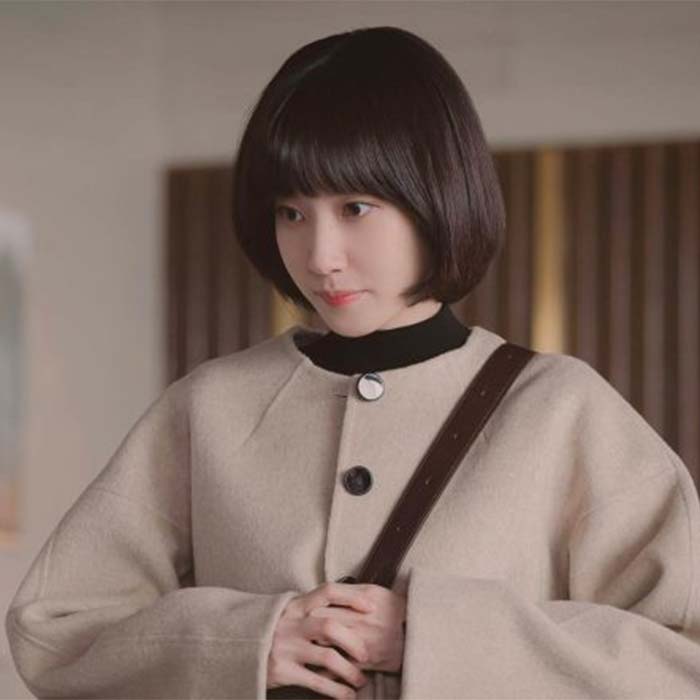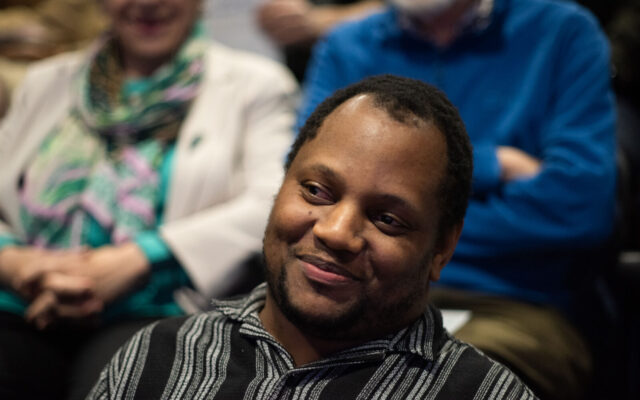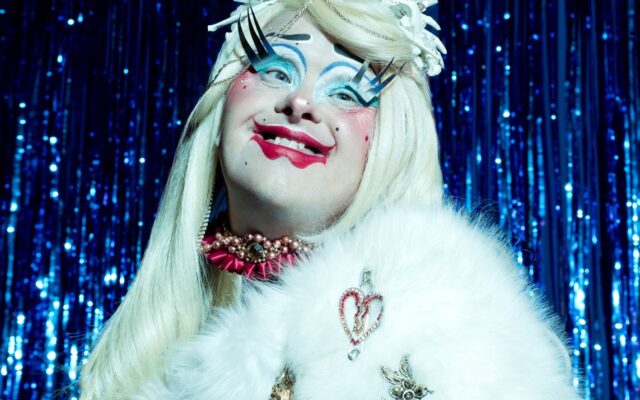Extraordinary Attorney Woo, a comedy-legal drama set in Seoul, hit our screens last summer and soon became Netflix’s sixth most popular non-English show of all time.
In the show, the newest addition to the world-class Hanbada Law Firm is Woo Young-woo, a promising attorney who is also a young woman on the autistic spectrum. This is rare combination given most portrayals of autism tend to be of young men and boys.
We follow Young-woo as she navigates a world that often struggles in its capacity to deal with neurodivergent behaviour.
The show approaches difficult topics sensitively, but never shies away from them, ranging from the agency a learning disabled woman has over her love life to the discrimination and stereotypes Young-woo has to deal with because of her autism.
Not preachy or pitiful
It addresses these in a way that feels neither preachy nor pitiful. Along with her friends and colleagues, we learn to wrestle with our own assumptions of autism and neurodiversity throughout the 16 episodes.
In one episode, the firm is asked to handle the defence of a young man, also on the autistic spectrum but with severe learning disabilities.
We are confronted with how society often understands autism as belonging to a binary of two extremes rather than a spectrum.
Young-woo’s boss assigns her to the case, assuming she would know how best to deal with the defendant simply because she has autism. But, with characteristic forthrightness, she never lets him off easily.
The show undeniably gives into several tropes, especially that of the genius autistic individual. And, at times, the stereotypes it exaggerates for comedic effect are taken too far.
Nonetheless, Park Eun-bin’s portrayal of Young-woo is subtle and nuanced. We grow to love and empathise with this complex character, as we watch her fall in love, make friends and become increasingly confident.
A second season is due in 2024.





